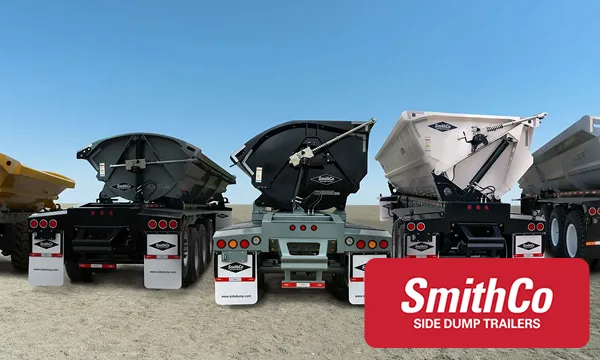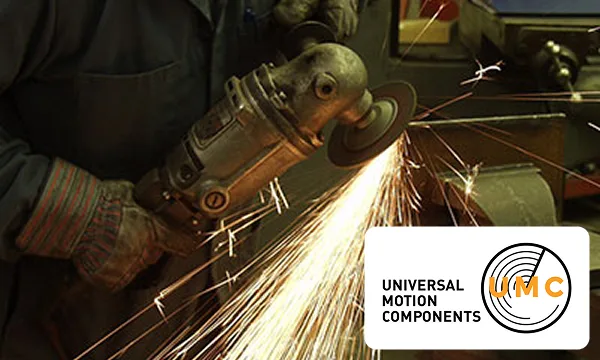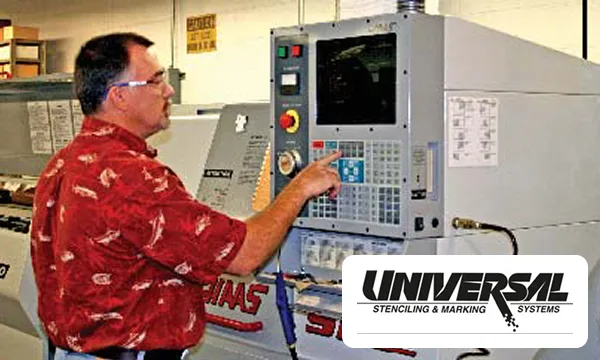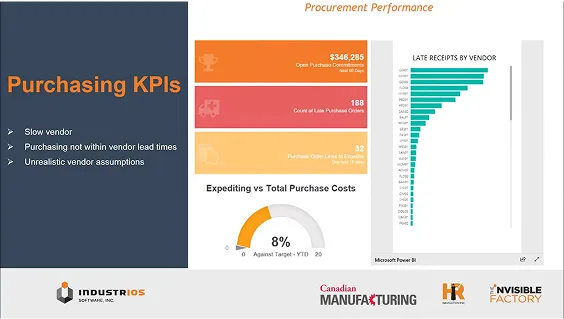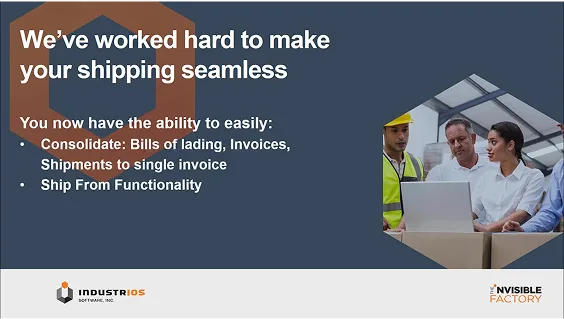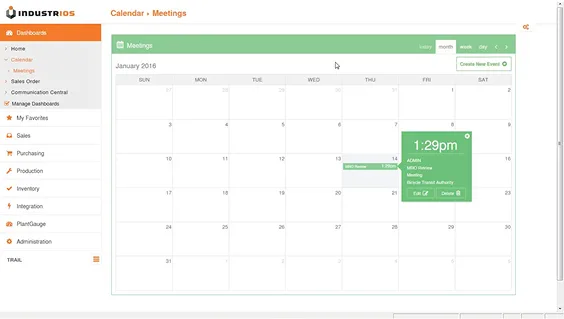Types of Costs to Track in Make-to-Order Manufacturing
Are labor, material, and overhead costs eating into your Make-to-Order profits? This guide reveals how understanding costs at each stage – from planning and production to post-production – can empower you to optimize operations.

Are labor, material, and overhead costs quietly eroding your Make-to-Order profits? If you understand the financial aspects of planning, production, and post-production, you can improve your operations and make informed decisions.
Make-to-Order Manufacturing Key takeaways:
- Effective management of post-production costs, such as returns and repairs, enhances customer satisfaction and prevents profit erosion.
- Tracking material, labor, and overhead costs is crucial for maintaining efficiency and profitability in Make-to-Order manufacturing.
- Employing cost analysis methods like job costing and variance analysis helps identify areas for cost control and improvement.
- Accurate cost tracking enables better pricing decisions, resource optimization, and swift adaptation to market changes.
Understanding Make-to-Order
Make-to-order (MTO) manufacturing is a production strategy in which items are created once a confirmed order is received. This approach minimizes excess inventory and addresses specific customer needs, but it requires careful cost tracking to ensure profitability. By monitoring these costs, businesses can maintain efficiency and competitive pricing.
The Importance of Accurate Cost Tracking
Accurate cost tracking is essential in MTO manufacturing to make informed pricing decisions, optimize resources, and identify cost reduction opportunities. For comprehensive solutions, consider exploring INDUSTRIOS and their specialized services to enhance efficiency and profitability.
Three Key Cost Categories in Make-to-Order Manufacturing
In MTO manufacturing, understanding the costs you’ll encounter is important for running things smoothly and making a profit. Each phase, from planning to post-production, has financial considerations that can affect your bottom line. By pinpointing these costs, you can find ways to streamline your processes, cut down on waste, and boost efficiency. Let’s look at the key costs in each stage of the MTO process and see how they play into the bigger picture.
1. Planning Phase Costs
The planning phase is critical as it involves preparing all necessary elements for production. This phase’s costs are generally categorized into material, labor, and overhead.
Material Costs
Material costs include acquiring raw materials and components needed for production. In an MTO setting, it’s essential to calculate Landed Costs, which cover the purchase price, transportation, duties, and currency exchange rates. Keeping track of material usage and ensuring accurate inventory records helps minimize waste and control procurement expenses.
Labor Costs
Labor costs encompass wages for production workers and supporting staff. In MTO manufacturing, accurate labor hour tracking is vital, as tasks can overlap and workers might be involved in multiple projects simultaneously. This involves managing complexities like overtime, bonuses, and the allocation of labor costs across different jobs. Efficient labor management ensures optimal resource utilization without unnecessarily increasing production costs.
Overhead Costs
Overhead costs are divided into manufacturing and administrative categories. Manufacturing overhead includes expenses related to utilities, depreciation, and facility maintenance. Administrative overhead involves costs such as salaries for non-production staff and office supplies. These costs, though indirect, are necessary for the smooth functioning of manufacturing operations.
2. Production Phase Costs
With planning complete, the production phase introduces its own set of expenses.
Setup and Changeover Costs
Setup and changeover costs occur when machinery and equipment are readied for a new production run. These expenses can affect production efficiency, especially when frequent changes are needed to meet various customer specifications.
Machine Operation Costs
Operating machinery involves costs associated with energy consumption and maintenance. Regular upkeep and efficient energy use are essential to minimize these costs and ensure consistent product quality.
Quality Control Costs
Quality control ensures that products meet required standards. Costs here include inspection, defect management, and any necessary rework. Effective quality control processes help reduce waste and avoid costly corrections after production.
Waste and Scrap Costs
Managing waste and scrap is key to controlling production costs. Reducing material waste and efficiently handling scrap materials can significantly lower overall expenses.
Compliance and Regulatory Costs
Compliance costs arise from adhering to industry standards and regulations. These ensure that products meet necessary certifications, protecting the manufacturer from potential legal issues and enhancing customer trust.
3. Post-Production Phase Costs
Post-production activities also incur costs that need careful attention.
Returns and Repairs
Handling customer returns and warranty repairs contributes to post-production costs. Efficient management of these aspects helps prevent profit erosion and enhances customer satisfaction.
Defect and Rework Costs
Addressing defects, including warranty claims and rework, can be costly. Implementing robust quality assurance during the production phase can minimize these expenses.
Types of Cost Analyses in MTO Manufacturing
Job Costing: Job costing tracks expenses for each specific order, helping determine the profitability of individual jobs. It involves monitoring direct materials, labor, and allocated overhead.
Standard Costing and Variance Analysis: These methods compare actual costs to predetermined standards, identifying variances for corrective action. They are essential for maintaining cost control and improving efficiency.
Target and Marginal Cost Analysis: Target costing sets a cost limit by subtracting desired profit from competitive market prices. Marginal cost analysis evaluates the additional cost of producing one more unit, aiding in pricing and production decisions.
Overhead Rate and Profitability Analysis: These analyses ensure accurate allocation of overhead costs and help identify the most profitable products or customer segments.
Capacity Utilization and Make-or-Buy Analysis: Assessing manufacturing capacity utilization and deciding between in-house production or outsourcing can lead to cost savings.
Cost Estimation: Accurate cost estimation based on historical data helps set competitive prices and win bids for future projects.
Final Thoughts on Make-To-Order Manufacturing
Monitoring costs in Make-to-Order manufacturing is crucial for staying financially healthy and running operations smoothly. By effectively managing material, labor, overhead, and post-production expenses, manufacturers can keep profits stable and respond to market changes. Consistent improvement in cost management ensures that businesses remain competitive and efficient.






